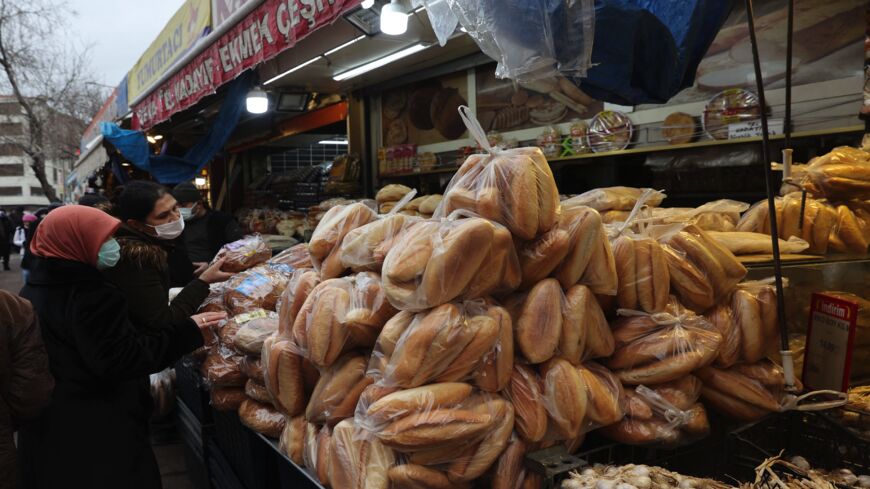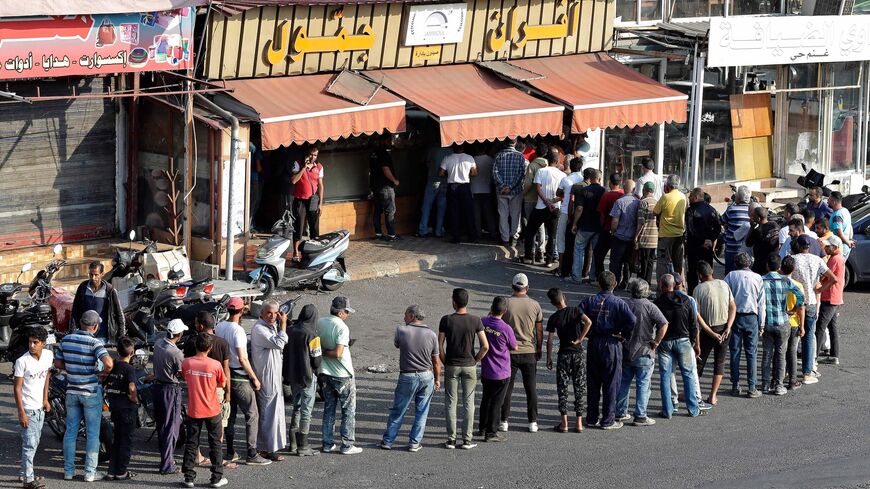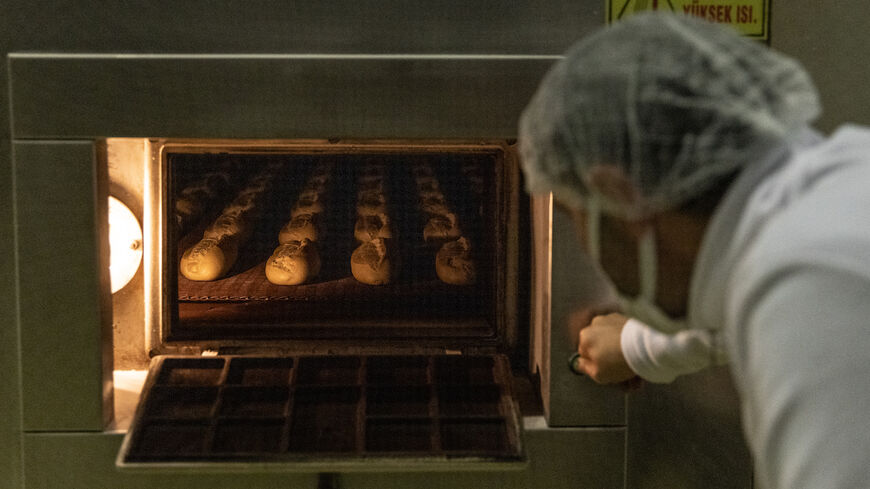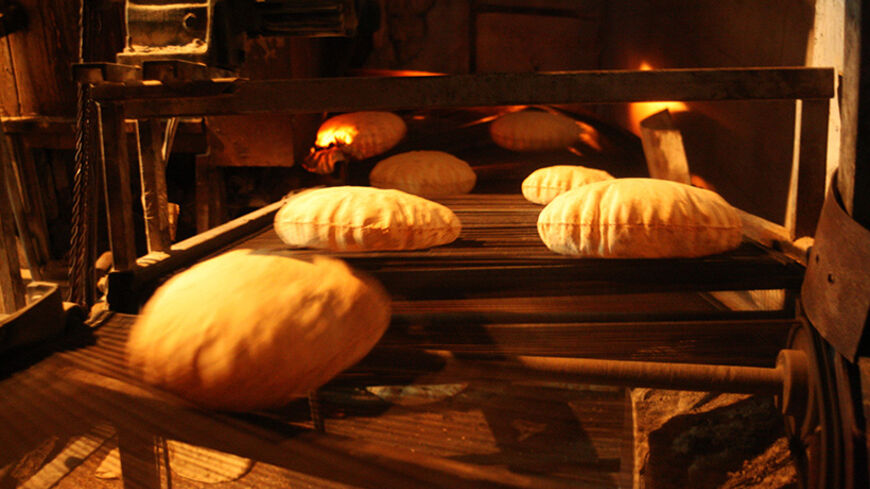Israeli government retreats on bread-price controls
The global rise in prices of flour and other products havs affected the cost of bread in Israel, some of which has long been regulated.
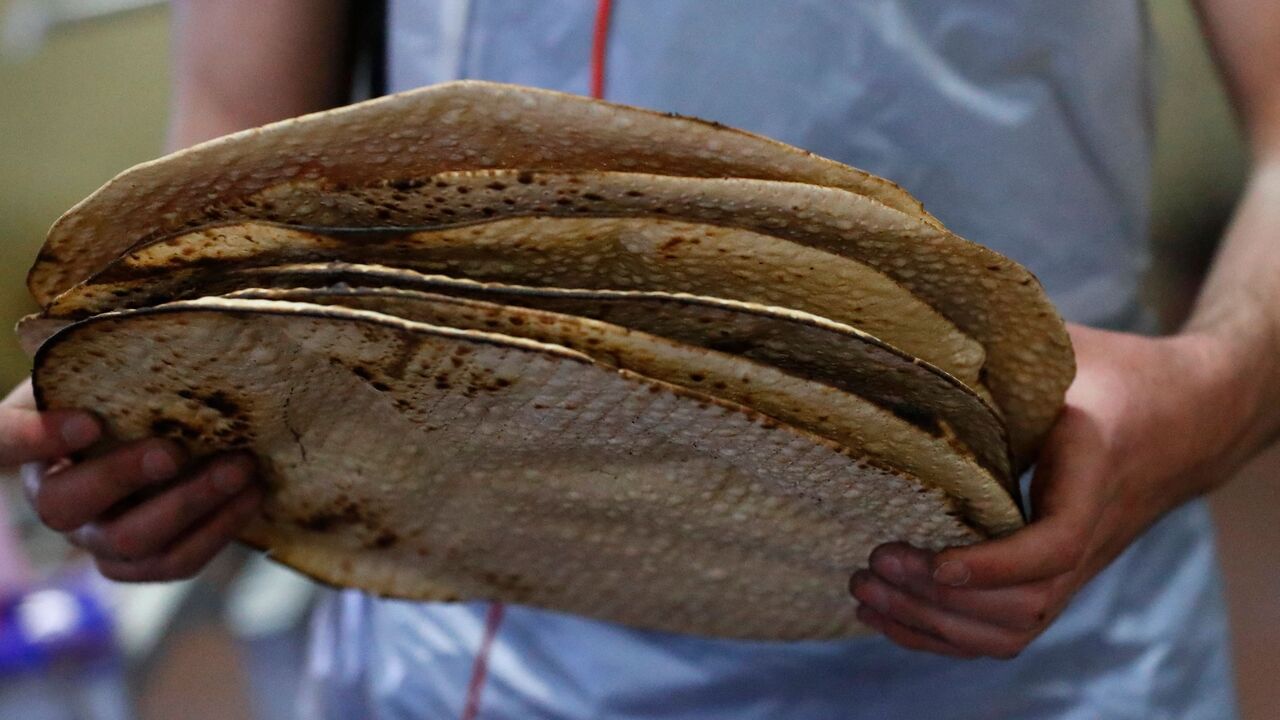
Israel deems several types of bread to be basic commodities and fixes their prices so that even the poorest families can afford them. The products include white and whole wheat bread as well the traditional challah bread.
Prime Minister Yair Lapid and Economy Minister Orna Barbivai announced July 25 that the prices of these regulated breads would be moderately increased. They explained that the government had reached an agreement with Israel's major bakeries to increase the prices significantly less than the bakeries wished. In exchange, the government agreed to lift price control measures by the end of April 2023.



